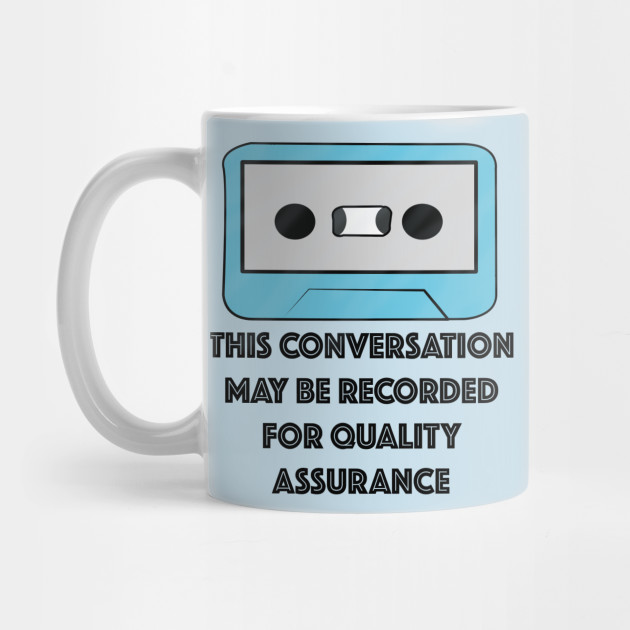Any interview you will conduct is a conversation, from an interview for a newspaper or essay to something being broadcast live. No matter the situation, a conversational tone should be held.
Why?
A good convesration is interesting. There are ebb and flow. Both sides contribute to making the information being conveyed meaningfully. If I conduct an interview I make sure that I am personally invested in the conversation and topic. Starting from the ground up, If both the interviewer and interviewee are not invested than an exchange of valuable information won’t happen. If this exchange doesn’t happen because one of the sides isn’t invested or “isn’t feeling it” on that day, everybody loses.
The conversation must be engaging or the information being conveyed from it will cause people to lose interest. People in the 21st century have an attention span of about 8 seconds.
Time that yourself. Set a timer up on your phone and talk for 8 seconds. THAT is the average attention span for peoples interest in any form. How many sentences could you get through?

A print version of your interview? 8 seconds
A video version of your interview? 8 seconds
A radio sound bite of your interview? 8 seconds
The conversation and flow of information must be active. Without this, your audience will zone out and leave. If your audience leaves… Then whats the point?
Always make sure you are assessing yourself with a phrase similar to “Would I listen to this in my free time?” If the answer is no, then something has to change. Allow yourself to become totally invested in your work or project. This may require some changes to your previously set interview style.
“Would I listen to this in my free time?”

One of the things I do for a paper or print interview is take an audio recorder with me. We all have a totally adequate version in our cell phones that will work just fine for this type of job. For a while, I used my cellphone, but now I have a dedicated audio device for in the field recording. I use a Tascam-dr 40. The device was purchased used for $40 and I take it everywhere.
Why record and have a dedicated device? First, when recording an interview you can dedicate yourself entirely to the task at hand: Interacting with the person and creating the valuable conversation that you need to create. Before I started to record I was looking up and down, jotting notes all the while. I was disengaged. But, if I was disengaged my interviewee was disengaged. Why should they give me their full attention I wasn’t willing to give them all of mine?
Clearly, If I was writing notes I had a “reason” to not be giving them my all, but that still doesn’t matter. Creating meaningful content is the most important aspect of what I do. So I tailor what I use to the situation.
To summarize:
- Make the interview a conversation
- Put in 100% all the time
- Record the interview if possible
- Humans have an attention span of about 8 seconds
Catch you on the flip side.
-The Author
That’s crazy that we only have 8 second attention spans. For a second I didn’t believe you in the slightest, but sure enough, as I was reading I had already stopped reading and looked around the room I am in, just thinking about what this means. In that case, you are absolutely correct in that interviews, and even any conversation must be extremely active to keep our attention. I have noticed it myself that people that are not engaging are typically toned out extremely quickly. Each of those bullets you leave at the end of the post are absolutely applicable and honestly need to be applied for effective discourse through interviews. Nice post!
That’s crazy, I never realized that. 8 seconds is not a lot of time at all. Conducting an interview, and even starting a conversation is a skill you have to hone to be good at. No wonder I’m so bad at talking to people.